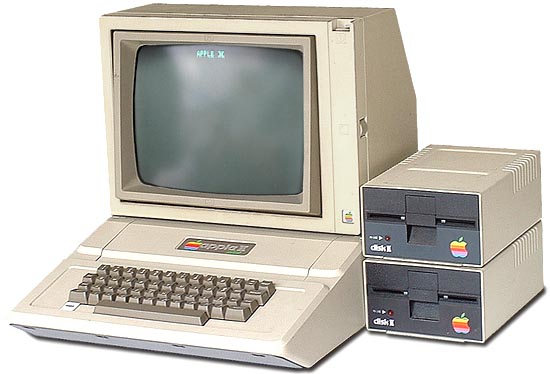When An Ancient Invention Becomes Your Worst Social Nightmare
A "Phony" Situation
Digital communication has become a dominant tool in our daily lives. The telephone was a great tool during its prime, but we are now communicating in a voiceless manor. The modern social realm is not really social at all. Brief messages on cyberspace are empty of content, less meaningful and blunt. We have forgotten how to talk when face-to-face and prefer a digital interaction over a real-time one. Text, email and voice-mail messaging are electronic forms of communicating without having to show dress code, body language, or facial expressions. Without the real-time pattern of question and answer, we now communicate by simple statements. Many people are annoyed by this because the waiting time of a reply is unknown. With the use of smart phones and tablets, communicating by voice has become a haunting ordeal. Thinking about sounding scripted or the idea of being time consuming are reasons people stay away from real-time communication. Phone conversations are more intimate and emotional, sometimes taking longer than expected. Over the phone we can't edit what we have said and the conversation can end up on the wrong path. There is no send button on a phone, so texting does have this reassuring advantage. A message is shown for review and editing until you are ready to send it.
Your Digital Clone
In the book "Alone Together,"Chapter 10, author Sherry Turkle studies how teenagers adopt to a world of digital connectivity. She uses Internet sociability as her main topic of study.
Having the Internet as a venue to communicate has its pros and cons. The ability to create your own identity online is a communication tool that has become a disadvantage through peer pressure to be accepted digitally. With Myspace, Facebook and Twitter, high school students are creating their digital clone. There is constant peer pressure to keep your profile as current and cool as possible. Online profiling has become a competitive sport with young adults stressing about who they should add as their friend. Bragging about the number of friends they have is the competitive nature of these websites. The concept of perceived privacy online can have many consequences. Typing messages on your profile is viewable by all your friends. Understanding how to protect information between friends online with privacy preferences is important.
If your profile is open to the public, anyone can view your intimate conversations with friends and family. Instant messaging and mobile texting are not as stressful because the conversation is intimate. Through texting you are only communicating with the receiver of choice. This is an advantage that does not exist when on social profile websites.
Audrey, a sixteen year old, has said her mom is always focused on her mobile phone, either texting or updating friends on Facebook. Audrey explained this relationship between herself and her mom as "boundless." To me cyberspace communication has its cons and the most common disadvantage is families have less bonding time. Either the dad is watching sports or reading the newspaper, the son is in his room playing video games or on Facebook and the mom is in the kitchen texting friends about recipes.
Online profiles also have the stress of what to put on the Internet. Seeing yourself as a puzzle involving filtering and restricting every part of you from going online is a common stress. This is a common stress among highscool students who feel as their digital clone is not completely who they are in real life. This digital avatar is a resemblance of only pieces of their true self. Only between close friends and family, can you be your full self online.
Video about Phone Calls Vs. Texting (Metro State University of Denver)
Online Communication Statistics
Websites on Internet Communication:

























